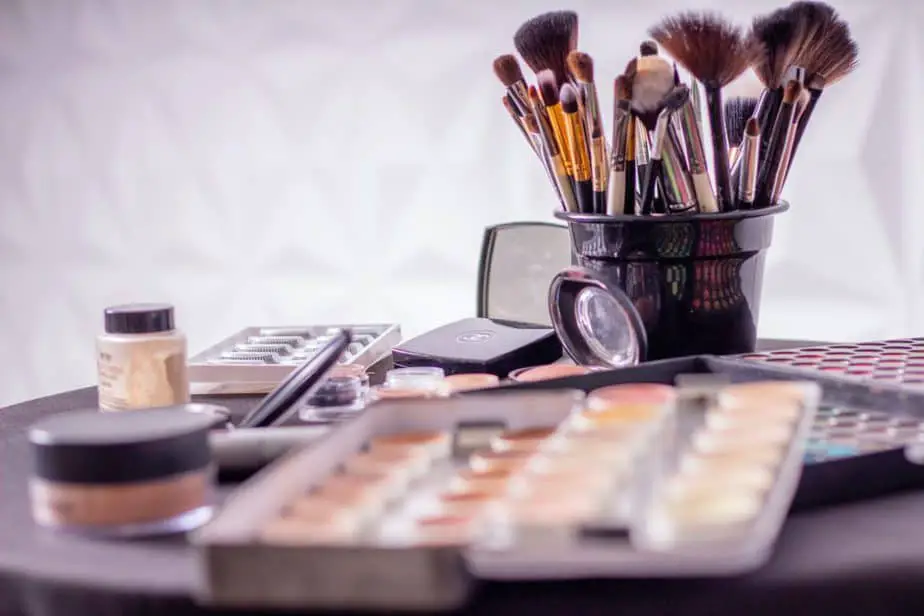With the rise in sustainability trends, more and more people are paying attention to what goes into the making of their favorite products. Cruelty free, like ‘sustainably sourced’ or ‘eco-friendly’ is a catchphrase companies slap onto labels of cosmetic and personal care products in a bid to get a piece of the eco-conscious pie. But what exactly does it mean?

You might be surprised to learn that the animal friendly label doesn’t mean what you think it does. For starters, there is no legal definition for the term ‘cruelty free’ and so companies are free to use and interpret the term however they want.
What Exactly Does ‘Cruelty Free’ Mean?
The general understanding of the term is that animals are not harmed in the testing of a product. This different from the more specific ‘not tested on animals’ label and is not to be confused with vegan products.
Because ‘cruelty free’ doesn’t have a standard or legal definition, companies can use the label to mean:
That the brand does not test the ingredients or final product on animals nor does it source ingredients that are animal tested,
That the final product is not tested on animals even though one or more of the ingredients of the product are tested on animals,
That the company itself does not conduct tests on animals even though the company hires or pays another company to conduct its tests,
That animals were not harmed in the testing of a product even though they were harmed in the production of the product (remember, cruelty free products are not necessarily vegan products),
The first definition of the term ‘cruelty free’ offers the most ethical interpretation, providing the highest level of accountability in that nowhere in the production process were animals used to test the ingredients, formulations or final products – not by the company, not by its suppliers, not by third parties affiliated with the company or its suppliers.
Simply put, to be cruelty free means:
Not testing (ingredients and final products) on animals
Not using suppliers that test on animals
Not paying another company to test your product on animals
Not selling in markets that require animal testing
PETA offers a database of companies that they have verified adhere to the first definition of cruelty free.
About Hada Labo
Hada Labo is a Japanese skin care brand created in 2004 by Rohto Pharmaceuticals which boost 100 years of quality pharmaceutical and cosmetic products. The name means ‘skin lab’ – hada for skin in Japanese and labo for laboratory. The brand’s philosophy is centered on cleanliness and minimalism, giving the skin only what it needs and nothing more. This means no added colors or fragrances. Since its launch the brand has enjoyed global recognition and success across Asia and the Americas.
In January 2016, in keeping with rising trends to abolish animal experimentation in Japan’s beauty industry, Rohto Pharmaceuticals released a statement that they will no longer conduct animal testing including outsourcing the development of their cosmetics (quasi-drugs and raw materials). They added that they were actively developing, evaluating, and using alternative methods to animal testing.
Is Hada Labo Cruelty Free?
Actually, NO.
At least not by the most ethical interpretation of the definition.
Currently, Japan has no law against the testing of animals. In fact, there are instances where testing on animals is required by law to ensure the effectiveness of a product and its safety for human use. These include the use of UV absorbing ingredients, preservatives, and quasi drugs (cosmetics with active pharmaceutical ingredients).
Reasons why Hada Labo is not cruelty free
Hada Labo’s products (notably those marked ‘medicated’) use skin whitening or skin brightening ingredients which are classified as quasi-drugs and therefore subject to animal testing to ensure their effectiveness and safety,
Hada Labo is sold in mainland China where animal testing is required by law for specialty cosmetics,
Hada Labo is owned by Rohto Pharmaceuticals which tests on animals.
But The Statement Said No Animal Testing Including Products with Quasi-drugs!
There is a provision that excludes instances when accountability for public safety arises or when required by governments in some countries.
Alternative testing is still new in Japan and recognition of such methods is low among Japanese authorities. The result is if customers complain about an alternatively tested product, the company will have to use animal testing to assure its effectiveness and safety.
And then there is China. While China ended all mandatory animal testing on general cosmetics (makeup, shampoo, nail polish) in 2019, pre-market testing of specialty cosmetics (sunscreen, whitening products) is still required for products sold in stores.
Finally, Rohto Pharmaceuticals does not just manufacture cosmetics. They also produce over the counter medicines including topical medicines, and supplements which aren’t included in the new animal testing.
Cruelty Free Alternatives to Hada Labo
When assessing a brand’s cruelty free status, it’s all or nothing. Unfortunately, Hada Labo cannot claim that mantle yet. However, other Japanese brands like Three and Shiro proudly do not test on animals and can claim cruelty free status.

